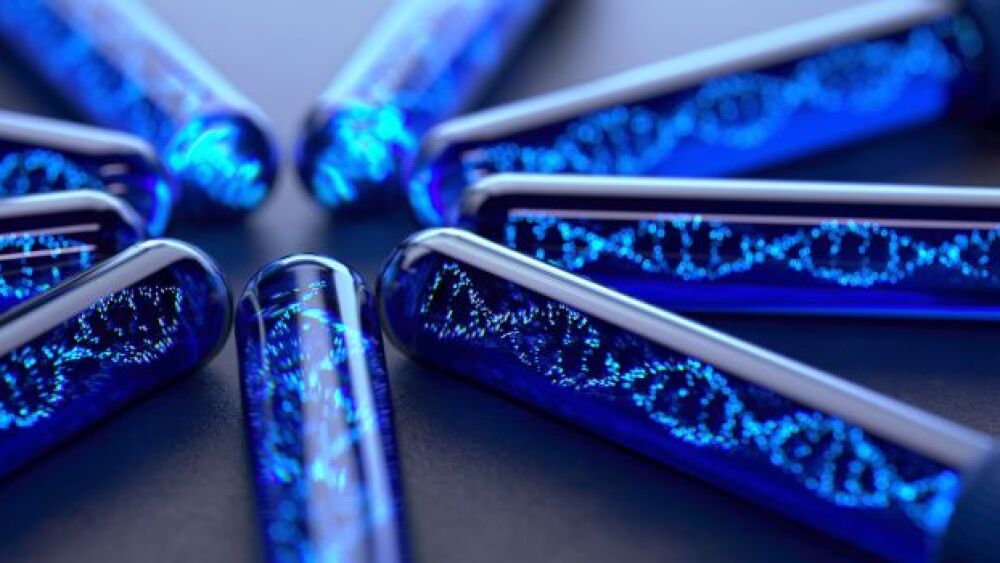Retrotope cited data from its Phase II/III trial of RT001 in patients with infantile neuroaxonal dystrophy and reported on a natural history study of INAD patients’ disease onset and progression.
Retrotope, based in Los Altos, California, cited data from its Phase II/III trial of RT001 in patients with infantile neuroaxonal dystrophy (INAD). They also reported on a concurrent natural history study of INAD patients’ disease onset and progression.
INAD is an ultra-rare, progressive, fatal, infant genetic neurological disorder. It is on a spectrum of diseases called PLA2G6-associated neurodegeneration. A congenital disability in the PLA2G6 enzyme causes an inability to effectively clear the byproducts of lipid peroxidation (LPO), which are toxic. This results in a “death signal” that leads to rapid neuronal cell death in the brains of developing infants.
Alex Fay, Assistant Professor of Neurology, University of California, San Francisco and one of the study’s principal investigators, noted, “INAD is an ultra-rare, relentlessly progressive and fatal disease that currently has no approved treatments. This trial compared a group of children with INAD treated with RT001 with a natural history cohort, and the results indicate that RT001 slows progression and prolongs survival compared to no treatment. The findings are striking and suggest that RT001 has the potential to deliver a meaningful impact on neurological function and survival of children with INAD.”
RT001 is an isotopically stabilized, synthetic linoleic acid (LA) that Retrotope discovered and developed using its technology platform, which combats the oxidative stress and cellular degeneration that comes from lipid peroxidation (LPO). Polyunsaturated fatty acids (PUFAs) make up the cell and mitochondrial membranes. The LPO process targets PUFAs. Retrotope’s technology generates stabilized PUFAs, such as RT001, incorporating into all membranes and down-regulating LOP to protect membranes from degeneration.
The clinical trial included 19 INAD patients and the concurrent natural history of 36 INAD patients as the control group. There were no significant differences between the baseline characteristics in the two cohorts.
Patients in the treatment cohort were dosed with RT001 for a minimum of one year with a 30-day treatment-free follow-up. The patients receiving RT001 demonstrated an improvement of 6.42 rank points on the Modified Ashworth Spasticity Scale compared to the control cohort. Similar treatment benefits were observed for the RT001 cohort compared to controls across all five of the efficacy outcomes scales.
Progression free survival (absence of pneumonia or death event) was a pre-specified secondary endpoint. The RT001 group demonstrated a statistically significant 82.5% decrease in morbidity risk compared to the controls. A pre-specified exploratory endpoint of survival showed a statistically significant mortality risk decrease of 88.8%. Confirmed deaths were “dramatically lower” in patients receiving RT001 compared to the control group, 11% versus 31%, respectively.
“We are very pleased by these topline results and excited to meet with the FDA to discuss the next steps in our ongoing effort to bring RT001 to the INAD patient community,” said Peter G. Milner, Chief Medical Officer of Retrotope. “With clear evidence of benefit on patient survival, as well as consistent improvements observed in all analyzed efficacy endpoints including those which measured vital function and activities of daily living, we believe these study results support the potential of RT001 to address a critical unmet need in hits orphan disease patient population.”
Retrotope has ongoing trials for RT001 in amyotrophic lateral sclerosis (ALS), progressive supranuclear palsy (PSP) and Friedreich’s ataxia (FA), three of the four most common orphan neurodegenerative diseases. According to Clinical Trials Arena, the company is targeting a funding round in the first quarter of 2022 to raise $100 million.
On August 11, the company indicated that it had completed enrollment for its Phase II study of RT001 for progressive supranuclear palsy (PSP). PSP is a progressive, neurodegenerative disease resulting in impaired balance, problems with eye movement, speech, and swallowing, rigid muscle tone, and ultimately, cognitive impairment. It usually affects people between the ages of 60 and 70. It is often misdiagnosed as Parkinson’s disease and Alzheimer’s disease.
On April 21, Retrotope completed enrollment of its Phase II trial of RT001 in ALS (Lou Gehrig’s disease). They exceeded the enrollment target of 40 patients in less than six weeks. They expect data from the trial by the end of the year.





